
Lawrence Gonzi: The decision to call an early election is obviously the Prime Minister’s prerogative. Under normal circumstances, I would have argued that there are no reasons whatsoever for an early election to be called. I would also have argued that the overriding consideration should always be tied to the national interest – as opposed to the personal interests of the PM himself and his party. But these are not normal circumstances. Recent events (factual or alleged) have shaken the very core of the country’s moral fibre, placing at risk the “serenity” of a stable and mature democracy that should be able to boast strong democratic institutions. Something therefore needs to be done, but this does not necessarily mean an early election.

Alfred Sant: As I do not have all the information, perspectives and assessments that the PM would possess about the current situation, I cannot have a meaningful opinion regarding what the PM should do about calling an election as soon as possible; even less can I second-guess him – nor would I wish to do so. Calling an election is his prerogative.

Archbishop Charles Scicluna: Now it is time to leave politicians to deliver their arguments to the public. When the temptation to comment is big, I take a step back. This decision is a deliberate one and I feel that the Church should not interfere in any political argument during the election campaign. But it needs to remind people of the principles we all embrace to ensure the common good.

Mario Mallia – Alternattiva Demokratika
The claim that the Prime Minister will be calling for an election when he feels it is in the national interest to do so is nothing short of a farce; the Prime Minister had actually thrown the national interest to the dogs long ago when he chose to keep his chief of staff and minister in his circle.
Things have been exacerbated by the latest which implicate practically the prime minister himself in huge secretive money transfers in personal bank accounts. A magisterial inquiry is currently under way. People deserve to know the truth before casting their vote so that the their judgement is based on the truth or as close to it as can be given the fact that this mess is shrouded in so much secrecy and with lame institutions reluctant to catch up.
Perceptions should not be the ultimate yardstick in politics. The truth should.
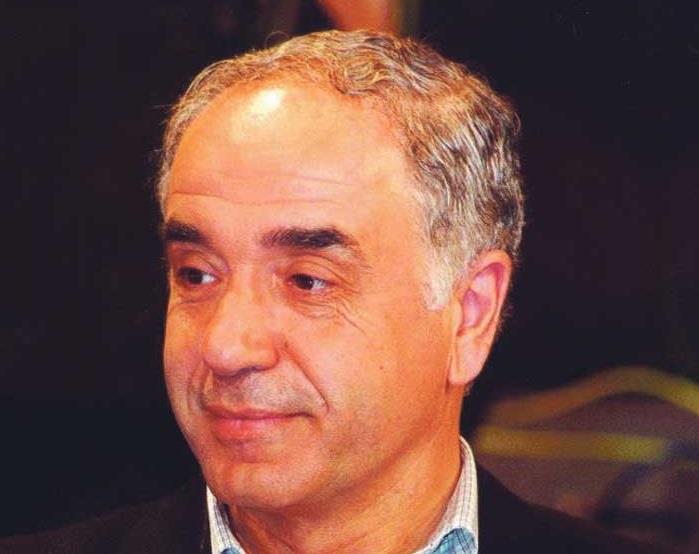
Fr Joe Borg: An election determines who governs but does not necessarily guarantee that the corrupt get what is coming to them. Neither does it guarantee that he who runs the institutions like Pilate loses his power. An election can bring about absolution or indictment and not necessarily clarity and certainty. As Cardinal Barbarin said about the French presidential election, the political winners are not necessarily the most competent or rational.
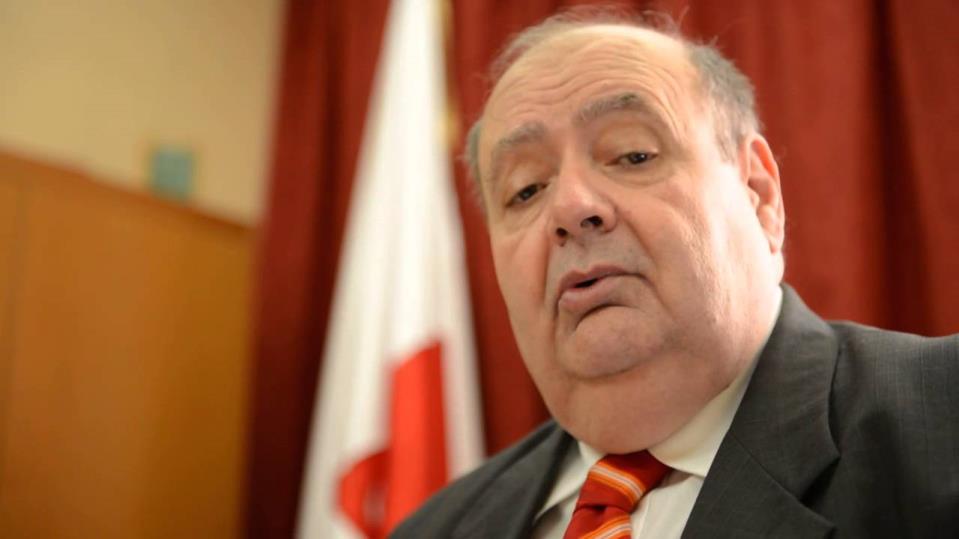
Tony Zarb: It is the Prime Minister’s prerogative to decide when to call an election. I believe that he will call one when he deems fit in the interests of the country. Whoever is creating this instability is simple doing it to destabilise our county. Dr Muscat made it clear that he will not allow anyone to undermine our country and I agree with his call for people to remain calm.
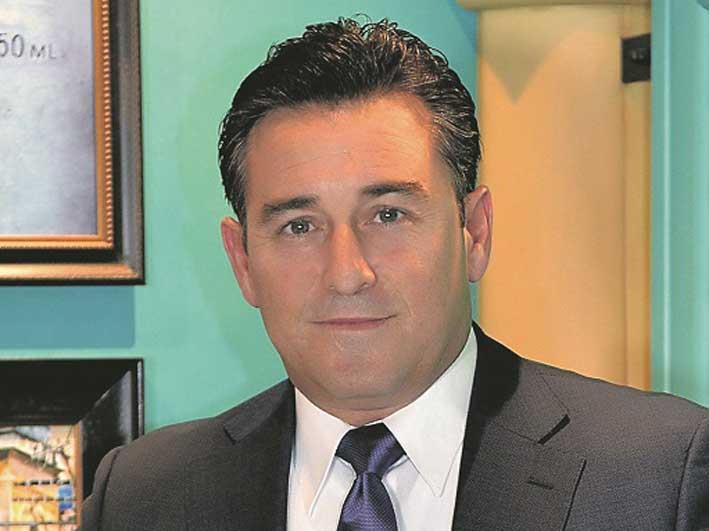
Bernard Grech: Since the situation is very dynamic, and new facts are constantly hitting the media, one must specify that this reply is being drafted as soon as we learnt that the whistleblower has testified. For me, the situation was always very clear. Nobody should hold any public office while being investigated. Although the allegation of the ownership of Egrant has been tied to the Prime Minister’s wife, the Prime Minister could also be the owner due to his half share in the community of acquests (unless they have a prior dated separation of assets). Nobody is, or should be considered to be or appear to be above the law. The position of Prime Minister, which is the highest constitutional position in the Executive, should never be shadowed and the only correct decision for Dr Joseph Muscat should have been for him to step down to avoid further damage to the position itself, the country and his party.”

Gejtu Vella: Unequivocally “No”, the Prime Minister should not call an early general election: firstly, because the government won the last general election with an overwhelming majority. The Prime Minister, who is now also embroiled in the alleged Panama Papers scandal, should at minimum step aside until his name and that of his spouse are cleared by the competent authorities. Since Malta is currently holding the EU presidency, an early general election will further tarnish Malta’s credibility with the rest of the EU member states. This will impinge negatively on the well-being of our society. The result of an early general election, whatever that may be, should not be used to sweep under the carpet any alleged cases of corruption in which politicians, their spouses and high-ranking officers are allegedly involved. It is time for the Prime Minister to lead by example and deliver on the promises of accountability and transparency.
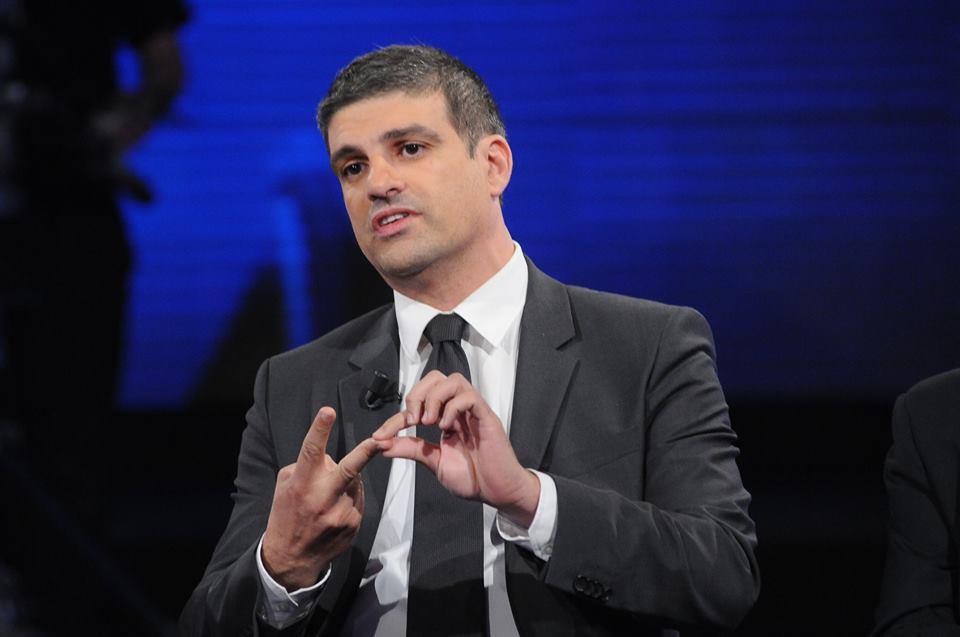
Robert Musumeci: It is undisputed that this government has, over the past four years, registered an unprecedented success on several fronts. At the same time, one cannot ignore the fact that the country has been hit by an election fever which one should under no circumstance prolong indefinitely. This is particularly so when our economic performance depends heavily on the summer months. I would therefore not dampen the rate of our economic performance during these crucial months. In the given circumstances, I do not discount the benefits the country would reap from calling an election at this juncture, but it is ultimately up to the Prime Minister to be so convinced. Either way, I am confident that he will take the right decisions at the most appropriate time.
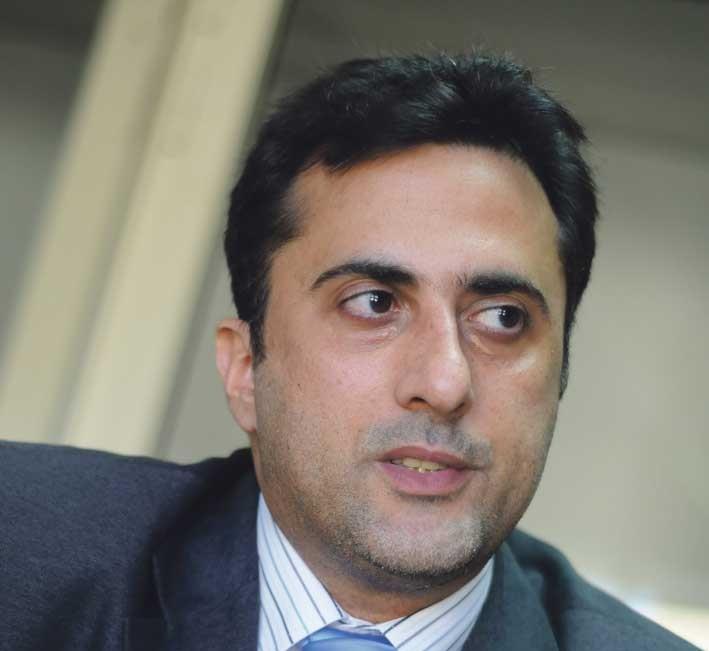
Andrew Azzopardi: It seems that this issue of whether or not an election is called seems to excite us and take precedence over a number of other fundamental issues, namely that the perception of people is that some or many of our institutions are tainted and this in itself is incredibly serious. I believe that calling an election is not enough to clear the air, however the result goes. This in a way vindicates, for example, the need to have a number of key institutional positions in our country appointed through consensual agreement in the House and the much-awaited reform of the Constitution that has been thrown on the back burner (not even simmering). So if this situation will in any way be cleared by an election, I hope it happens tomorrow. However, in all this hullabaloo, what we really need to focus on is reassuring the citizens that justice will prevail and that the institutions are operating autonomously and thus any sludge or grubbiness is filtered.
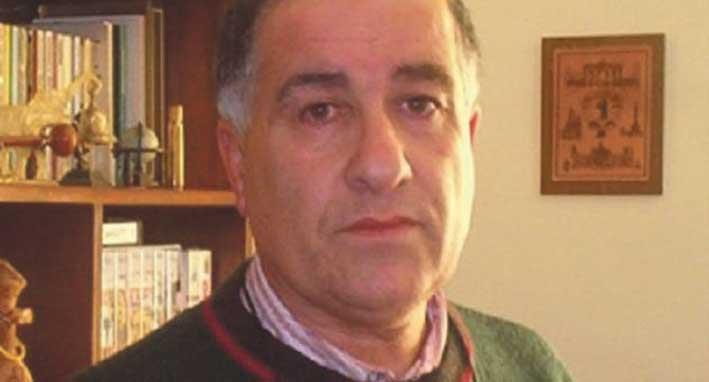
Charles Flores: An early election would always be on the cards for a government that has generated a dynamic economy, reduced taxes, got rid of cancer-causing energy sources, improved social benefits and students’ stipends, given long-overdue rights, broken all employment records in employment and foreign investment among other notable achievements while retaining its healthy majority. Circumstances do occur when the process is triggered at an earlier stage than anticipated. I’d say ‘yes’, but the timing cannot be dictated by anyone other than the Prime Minister. Ask Theresa May!
NGOs and organisations
SDM/Pulse – Both university political groups, SDM and Pulse, think that the Prime Minister should call an election. According to SDM, the political climate in Malta at the moment is charged. Without going into the legitimacy of the claims being made at the moment by both camps, we believe that the Maltese electorate deserves the opportunity to make its judgement on the governance of our country. Notwithstanding this, we also believe that youth participation in the election is fundamental for the future of the country and, as such, calling an election in June would result in a huge blow for young people to be active on a national level, with their exams clashing with the election. Our eagerness to involve as many students in political participation has been proved year after year by contesting the KSU elections and presenting ideas aimed at changing not only the university, but society. Considering everything, we think that the Prime Minister should assume responsibility for the climate that is currently pervading the country and move forward with an election on a date that will benefit the general public – which, at the end of the day, is the whole point of entering politics. Creating stability in the country and putting it back on track should be the main aim of the decision that the Prime Minister has to make, at this crucial stage.
According to Pulse, in the light of the recent allegations and overall political situation in which Malta currently finds itself, calling an early general election would, in our view, be a wise choice. From the government’s perspective, the ongoing milestones achieved in relation to the country’s economy, employment percentage and social poverty serve as a positive certificate, and calling an early election will ensure continuity in this aspect, also inadvertently waving away the mentioned allegations during the process itself. From the Opposition’s point of view, this would be beneficial considering the possibility that if the allegations brought against the government are proved to be true, the electorate is susceptible to substantially swinging in favour of the Nationalist Party, especially when referring to the ‘switchers’ and neutrals found in the 36,000 cleavage from the last general election four years ago.
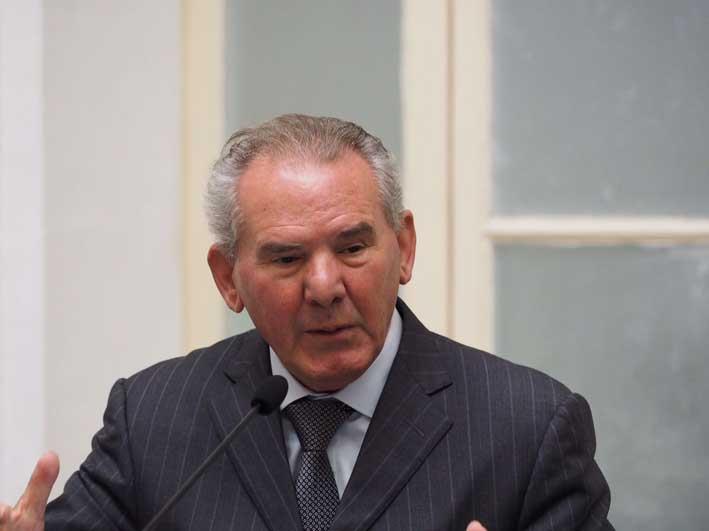
MHRA, Tony Zahra: Our electoral system calls for elections to be held every five years, or when the Prime Minister asks the President to dissolve Parliament and hold a general election, or at certain other times such as when a government loses a vote of confidence. Therefore the Constitution is quite clear on this point and I believe it would be presumptuous of the MHRA to suggest to the PM what he should or should not do, even given the present circumstances. The MHRA has so often remarked – and repeated only last week at the presentation of its quarterly results – that we cannot take our economic success as a given, but have to work hard and continuously to ensure that the success that has been achieved to date is maintained.
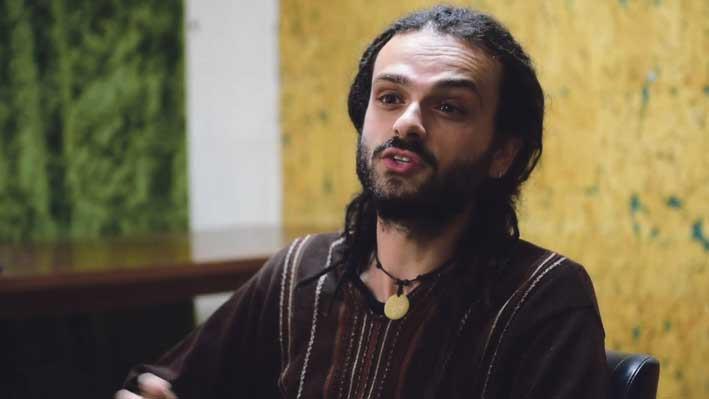
Moviment Graffiti, Andre Callus: Moviment Graffitti believes that the Prime Minister should resign because there are strong indications of very serious misconduct and possibly corruption. It should also be borne in mind that two people very close to the Prime Minister – Minister Konrad Mizzi and Mr Keith Schembri – had hidden offshore companies. However, we are also of the opinion that holding an early election is no solution since it would further reduce this issue to partisan rivalry. Moreover, it is important that those claiming that they have hard proof of the Prime Minister’s misconduct release this proof immediately. This should not be a political game played for partisan advantage; if hard proof beyond circumstantial evidence exists, we fail to see any valid reason for postponing its release.